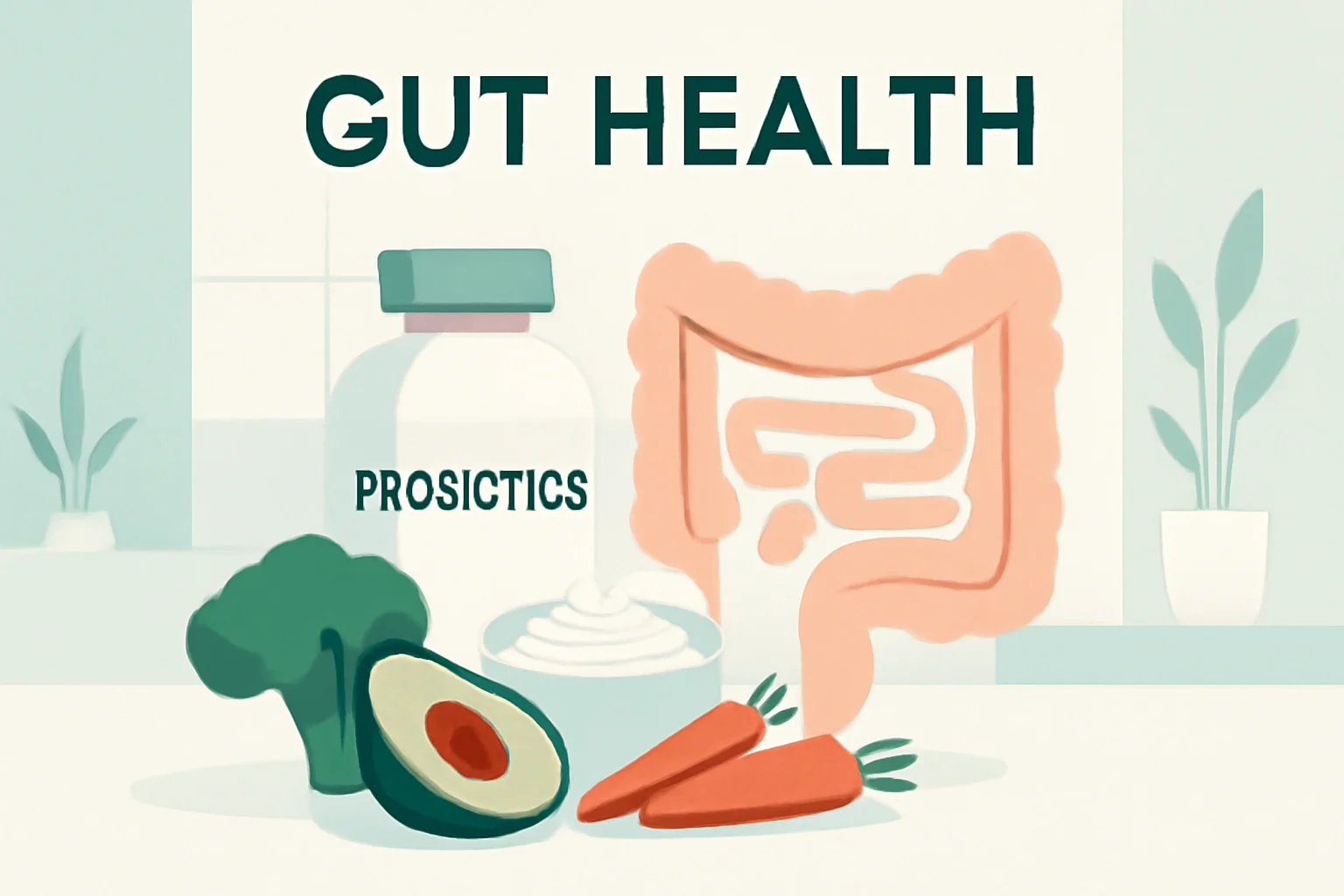
The Beneficial Effects of Corn on Our Health and Nutrition
A corn is one of the most well-known and widely consumed foods in the world, serving as an important source of nutrition for people for thousands of years. It is not only the basis for delicious and diverse dishes but also has numerous beneficial effects on our health. Corn is rich in nutrients, vitamins, and minerals, making it an excellent choice for everyday nutrition. Additionally, it has versatile uses that allow it to be part of various foods and beverages, making it easy for everyone to incorporate it into their diet.
Corn is not only outstanding in terms of nutrients but also aids digestion due to its fiber content. It can be consumed in various forms, whether fresh corn, canned varieties, or dishes made from cornmeal. In a health-conscious diet, it’s worth exploring the many benefits of corn, as it is not only tasty but also nutritious. Below, we will detail the beneficial effects of corn that can help us make our diets healthier.
The Nutritional Profile of Corn
Corn is extremely rich in nutrients that contribute to a balanced diet. The most important nutrients include carbohydrates, protein, fiber, and various vitamins and minerals. The main component of corn is starch, which provides long-term energy for the body. Additionally, corn contains B vitamins such as B1 (thiamine), B5 (pantothenic acid), and B9 (folate), which are essential for cell health and proper metabolism.
Corn is also rich in antioxidants, such as lutein and zeaxanthin, which help protect the body from the harmful effects of free radicals. These antioxidants are particularly important for maintaining eye health, as they can reduce the risk of cataracts and macular degeneration. Furthermore, corn is an excellent source of vitamin C, which contributes to strengthening the immune system and maintaining skin health.
In terms of fiber content, corn is remarkable as it aids digestion, promotes bowel movements, and contributes to a feeling of fullness. Adequate fiber intake can reduce the risk of cardiovascular diseases and the development of diabetes. Thus, corn is a truly nutritious food that has numerous beneficial effects and should be included in our diets.
Corn and Digestion
Digestive problems are becoming increasingly common, and many people are seeking natural solutions to alleviate unpleasant symptoms. Corn is an excellent choice, as its high fiber content promotes bowel function. The fibers help shape stool, making bowel movements easier and reducing the risk of constipation.
The water content of corn is also significant, contributing to hydration. The combined effect of adequate fluid intake and fiber aids nutrient absorption and reduces feelings of bloating. Moreover, corn has prebiotic effects, meaning it nourishes the gut flora and promotes the growth of beneficial bacteria. This is particularly important for gut health, as a well-functioning gut flora can also contribute to strengthening the immune system.
In addition to its digestive benefits, the various forms in which corn can be used make it easy to incorporate into our diets. It can be consumed boiled, grilled, or even in salads, allowing us to prepare diverse and tasty dishes. This way, we can not only support our digestion but also offer healthy and nutritious meals to ourselves and our families.
The Antioxidant Effects of Corn
One of the greatest advantages of corn is that it is rich in antioxidants, which help protect cells from the harmful effects of free radicals. Antioxidants, such as lutein and zeaxanthin, are particularly important for eye health. These substances help reduce the risk of macular degeneration and cataracts, which is especially crucial for preventing age-related vision loss.
Furthermore, regular consumption of corn can contribute to maintaining cardiovascular health. Antioxidants help reduce inflammation and oxidative stress caused by free radicals, which play a role in the development of heart diseases. Corn may also help lower cholesterol levels, positively affecting heart health.
In addition to the antioxidant effects of corn, colorful varieties such as blue and purple corn are even richer in these valuable substances. These varieties contain special nutrients and antioxidants, making them worth incorporating into our diets. Thus, corn is not only a tasty and nutritious food but also has health-protective effects that can contribute to long-term health maintenance.
The Role of Corn in Nutrition
Thanks to its versatility, corn can easily be incorporated into everyday nutrition. It can be consumed in various forms, such as fresh, cooked, roasted, or even canned. Additionally, we can make delicious salads, soups, or even main dishes from it. Dishes made from cornmeal, such as polenta or tortillas, are also popular choices, providing alternatives particularly for those following a gluten-free diet.
Due to its nutritious properties, corn can be an ideal choice for vegetarian and vegan diets, as it is a rich source of protein that can help meet daily nutritional needs. Corn is also an excellent energy source, making it an ideal choice for athletes and those leading an active lifestyle.
Because of its versatility, corn can be easily varied, and we can experiment with different seasonings to find everyone’s favorite preparation method. Incorporating corn into a healthy diet can help create a diverse menu and contribute to maintaining good health.
Note: This article does not constitute medical advice. For health issues, please consult your doctor.

